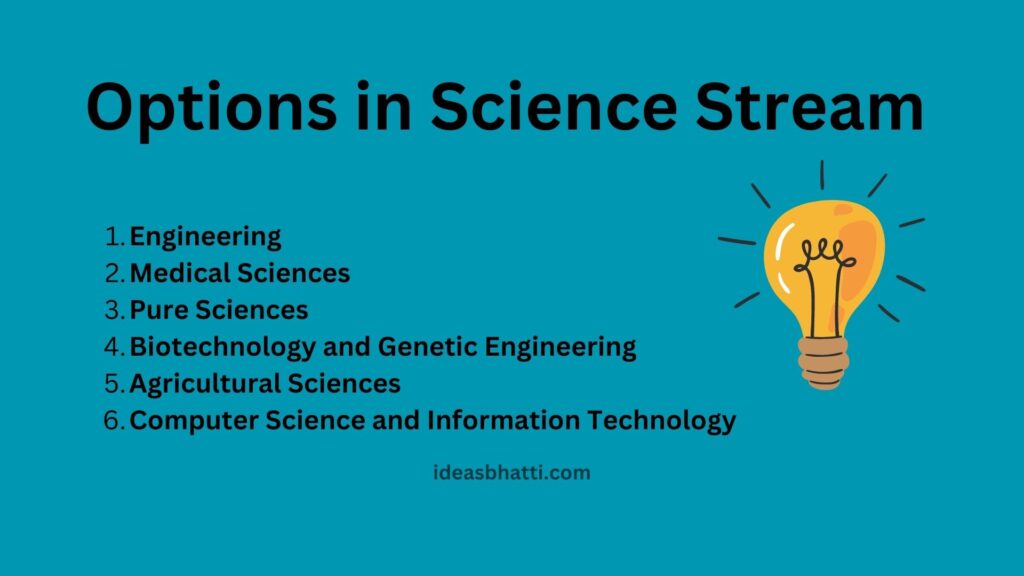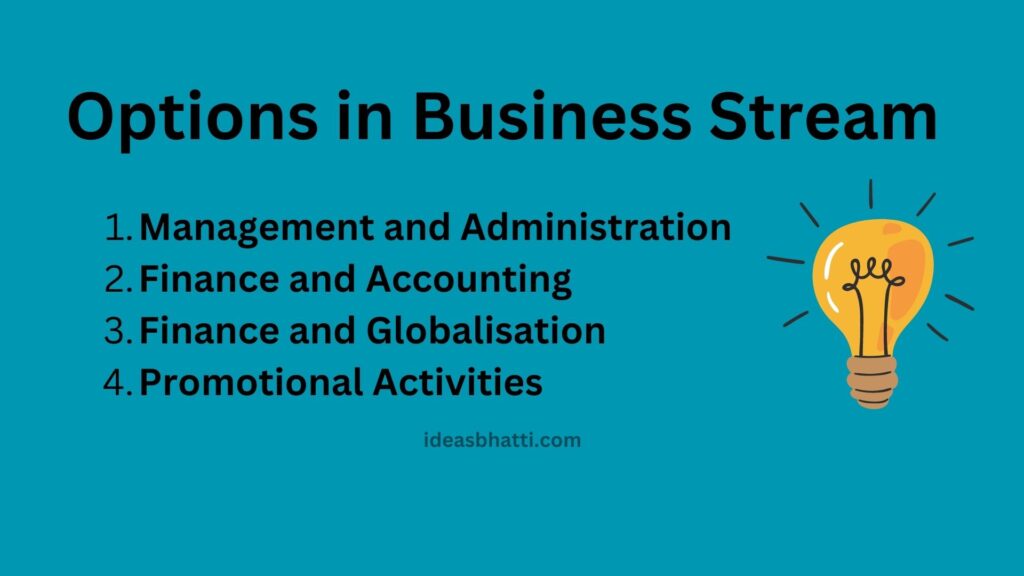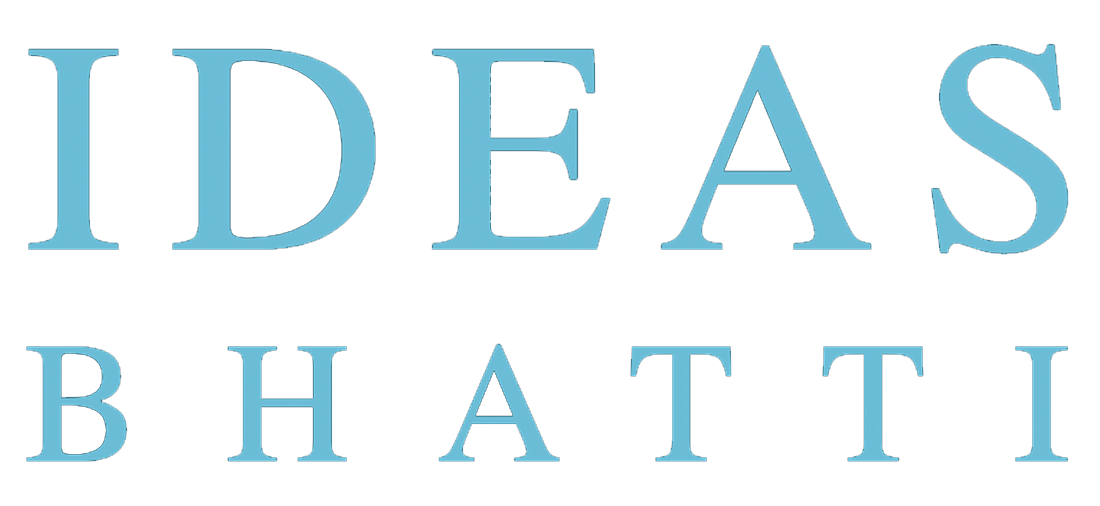Are You Struggling with What to Study After High School and Selecting a Major in College? Don’t Worry; We Can Help! This article should give you something to think about and provide helpful insight as you make decisions for the future. We hope this information can assist with making sound decisions.
It’s Important to Choose the Right Major
Selecting the appropriate major after high school can dramatically impact your future employment prospects. Take time to carefully consider your hobbies, strengths, and long-term ambitions, as well as any additional factors you should bear in mind when making this important choice:
Discovering Your Passions and Skills
Preliminarily assessing your interests and skillset before choosing a major for post-high school studies is essential. Stop and consider what truly inspires and motivates you, and think about qualities you possess that you enjoy doing, as well as things that fascinate you – taking stock will allow you to select courses that cater specifically to these interests and strengths.
Examining Professional Objectives
Carefully consider what you want from your professional life and the work you hope to perform over the coming years. Do you envision working in any particular field or occupation? Remember to factor in the knowledge and training you’ll need for each potential occupation.
What to Study After High School?
Exploring a Variety of Industries and Subject Areas
It is essential to investigate potential career paths in a variety of professions and businesses. Research the job market, income ranges, career advancement possibilities, and typical tasks and problems of those working in each field. Doing so will help you better understand the range of possibilities open to you.
Options in Science Stream
There are many doors that can be opened for those who have a passion for science and a desire to learn more about the world around them. Consider these potential avenues of inquiry:
Engineering as an Interdisciplinary Field
Civil, mechanical, electrical, and computer engineering are subfields in the larger engineering umbrella. Engineering might be your field if you thrive on figuring out complex issues and developing novel solutions.

Medical Sciences: Exploring Healthcare Careers
Are You Passionate About Healthcare & Biology? Studying Medical Sciences Can Lead to Professions like Medicine, Nursing, Pharmacy & Research! It requires dedication, focus, and the desire to improve people’s lives!
Pure Sciences: Pursuing Knowledge and Research
Pure sciences such as physics, chemistry, biology, and mathematics offer many rewarding career options for those with an insatiable curiosity for learning and scientific inquiry. You could conduct research projects, teach at universities or work in research labs!
Biotechnology and Genetic Engineering
Biotechnology integrates engineering, chemistry, and biology to produce innovative healthcare, food production, and environmental protection products. Genetic engineering is another field of science that strives to enhance human health by altering DNA sequences.
Agricultural Sciences: Feeding the World
The study of agriculture includes many subfields, such as horticulture, animal husbandry, and sustainable agriculture. It’s an essential factor in achieving both food safety and long-term prosperity. Career opportunities in agriculture and environmental sustainability might be rewarding for those with such interests.
Computer Science and Information Technology
Computer science and information technology have become integral parts of modern society, with applications for software engineering, cyber engineering, data science, and artificial intelligence seemingly limitless. If you enjoy solving puzzles and are drawn to cutting-edge tech innovations, pursuing a computer science or IT career could be your calling.
Options in Business Stream
Students interested in business, finance, and economics can select courses in the commerce stream that cater specifically to these disciplines. Some of the more popular offerings in this stream are:

Management and Administration
Earning a business administration or management degree will prepare you for success in the business world. A comprehensive business book delves into advertising, accounting, HR, and operations. Studying in this area enhances opportunities for advancement in business management and entrepreneurship.
Finance and Accounting
A job in accounting or finance may be ideal if you’re good with numbers and can pay close attention to detail. It is only possible to manage money, analyze data, and stay in compliance with regulations with the help of an accountant or financial expert.
Finance and Globalisation
Economics seeks to explain the decision-making and resource-allocation processes of human civilizations. It includes broad and narrow fields, like international trade and microeconomics—careers in economics range from banking and consultancy to policymaking and academic research.
Promotional Activities
Marketing and advertising can only successfully promote products, services, and brands. Marketing is the study of and the development and execution of strategies to influence customer behavior. Marketers and advertisers are always looking for somebody with great communication and creative talents.
Management Techniques for Startups and Established Companies
Entrepreneurship and small business management present fascinating chances for those passionate about innovation who wish to build their own companies. Education in this area teaches students to think like business owners, analyze markets, and handle the challenges of launching a company.
Strategic Planning for the Hospitality Industry
Travel and hospitality careers offer diverse and rapidly-evolving career options, from hotel management and event planning to travel agency administration and restaurant operations. Hospitality industries are particularly suitable for people with exceptional customer service skills who wish to create memorable and unique experiences for others.

Alternate Paths in the Humanities/Arts
Arts and humanities comprise various fields that teach students to think critically, creatively, and culturally aware. Here are some potential solutions:
Language and Literature
Studying literature and language opens up many reading, writing, and communicating possibilities. Reading critically, learning how language works, and practicing written and oral communication are all part of this. Career options in this area include writing, journalism, translating, and teaching.
History and Anthropology
If you have an insatiable curiosity about the past, you’ll find plenty of fascinating material in history, culture, and anthropology. It entails investigating past occurrences, present-day customs, and societal dynamics. Careers in this area include study, instruction, museum curation, and management of cultural assets.
Ethics and Philosophy
The disciplines of philosophy and ethics investigate metaphysical concerns such as the meaning of life and the justification of human actions. Thinking critically, reasoning logically, and learning about other philosophical systems are all part of the process. Career opportunities in academia, ethics consulting, law, and public policy exist in this area.
Arts & Crafts
Entering the arts and design profession can help develop your creative abilities while providing a platform to share your unique perspective. Art includes visual forms like painting and sculpture as well as photography, graphic design, fashion design, and fashion production – these being visual arts in nature – in addition to photography, graphic design, fashion production, and museum curatorship as careers within this sector. Artists, designers, teachers, and museum curators are just a few professionals specializing in this endeavor area.
Social Sciences: Psychology, Sociology, and Political Science
Social sciences aim to shed light on society and government, from human nature and behavior to institutions. Psychology studies these aspects, while sociology and political science delve deeper. With their studies come potential career paths such as counseling, social work, research policymaking, or diplomacy; all of which could open up.
Journalism and Mass Communication
Journalism and other forms of mass communication are essential in keeping people informed, shaping public opinion, and strengthening interpersonal bonds. Understanding the significance of media in democratic societies and reporting the news are vital skills within this sector – journalism, radio/television broadcasting, public relations/public affairs representation, or media production are all viable professions within it.

Vocational Courses and Skill Development
Vocational courses and skill development programs provide other routes to success, yet traditional degree programs remain popular. Practical experience and industry-specific expertise are the primary learning outcomes of these programs. Some potential careers are listed below.
Technical and Vocational Education and Training (TVET)
Technical, vocational, and applied science education (TVET) programs offer technical, vocational, and applied science instruction for mechanics, electricians, plumbers, carpenters, and welders as examples of skilled tradespeople who benefit from these courses. Students who complete them will be more equipped to secure work in fields that value this specialized knowledge.
Digital Marketing and E-commerce
Business success today requires an effective e-commerce and internet marketing plan taught through classes on digital marketing. Digital marketing teaches essential fundamentals such as SEO, social media marketing, content development, and analytics – with numerous career options open in this online economy area.
Culinary and Hotel Management
If you enjoy cooking and hosting, expanding your culinary arts and hospitality management education could pave the way toward a fulfilling food and drink service career. Culinary arts courses cover food preparation, menu planning, and customer service in depth. This coursework could benefit anyone looking to break into food or hospitality-related industries like opening restaurants, managing hotels, or cooking professionally for a living.
Fashion Designing and Merchandising
Courses in fashion design and merchandising can pave the way into the dynamic and attractive fashion business. Courses in fashion merchandising, retail management, and marketing are also offered. Careers in fashion design, styling, merchandising, and entrepreneurship require a unique mix of artistic flair and savvy business sense.
Read Mre: How to Becoming a Successful Pharmacy Technician: 7 Steps to Follow
Beauty and Wellness Industry
Courses in beauty therapy, cosmetology, hairstyling, spa administration, and wellness practices are all available through the beauty and wellness business. These classes teach you everything you need to know to land a job at a salon, spa, or wellness center or launch a successful enterprise in this field.
Automotive and Mechanical Trades
Courses in automotive and mechanical trades can prepare students for jobs as auto technicians, mechanics, or engineers in the growing automotive industry. Practical instruction in automotive diagnostics, repairs, maintenance, and cutting-edge technology is provided via these courses.
Considerations for Career Planning
There are several aspects to consider while deciding what to study in college. Here are a few things you should never forget:
Predicting the Future of the Labour Market
The job market is dynamic, changing in response to new technologies, the economy, and prevailing fashions in various sectors. Find out what the present and next trends are in the employment market for your fields of interest. Focus your job search on industries where the need for qualified workers is rising.
Gaining Experience and a Higher Salary
Think about the career progression and starting salaries you could expect from various majors. There are occupations that can lead to higher salaries and quicker promotions than others. While money shouldn’t be the only aspect, setting reasonable goals and understanding how your job path may affect your finances is important.

Job Satisfaction and Time Management at Work
Consider what tradeoffs you would encounter between work and personal life that come with various jobs. While some can be demanding and stressful, others can provide a better work-life balance in exchange for less pay. Consider which values matter to you most as you choose.
Inspiration and Values
Achieving a more rewarding and purposeful working life requires aligning work with one’s values and interests. Take stock of what matters most to you and consider how your major can help facilitate their achievement.
Possibilities for Further Study and Training
Consider whether you will need additional training or education after high school to succeed in your chosen industry. Advanced degrees or professional certifications may be necessary for some careers. Determine if and how you can get more training or education in your chosen field.
Consult with Experts for Help
Consult with people already successful in the sectors you’re considering entering. They will be able to shed light on the situation, address your concerns, and guide you toward a wise choice.
Conclusion
Your next move after high school should be carefully considered since it will determine your future success. When exploring potential courses of study, keep your interests, talents, and objectives in mind; be they hard sciences, arts, business, or technical education- you will discover plenty of choices available.
Academic and professional goals should fit seamlessly with your abilities and interests. Consider the state of the employment market, your chances for advancement, the demands of your position, personal life issues, and core values when making this decision. Also, seek advice from people already successful in sectors that interest you, such as teachers, counselors, or experts.
Remember that there’s still much work ahead in your academic pursuits after graduating high school. Acquiring new skills and broadening one’s knowledge base is essential in many fields; invest in yourself by furthering your education, honing your craft, and staying abreast of industry developments.
No matter which majors you pursue, approach it with enthusiasm, openness, and an eagerness to learn. Take advantage of all available tools – internships, work experience placements, and networking events. Use what knowledge and abilities you gain as building blocks toward future success.
Remember there are various routes to success in any chosen field, and as you mature and gain more insight, your focus may shift as new experiences come your way. Accept this as an inevitable process of self-development, keep options open, and be agile enough to adapt to an ever-evolving professional landscape.
Your recent decision has had a lasting effect, setting in motion an educational and professional journey with limitless potential and promise, thanks to your careful consideration, passion for learning, and eagerness to explore all avenues.
The selection of what to study after high school is important but not irrevocable. Your goals and passions may change over time; if that happens, you may always switch gears or return to school. Embrace the process of self-discovery and maintain an open perspective while you investigate your many alternatives. I hope you find success in your studies and professional endeavors.
Frequently Asked Questions (FAQs)
How do I get help if I need clarification about my professional goals?
It’s normal to have some doubts regarding your plans at this point. Take career exams, look into internships or job shadowing, and chat with people in other areas to help you figure it out.
Are there any grants or scholarships to help with college costs?
Many financial aid opportunities are accessible, including scholarships, grants, and employment. Learn about and apply for scholarships recognizing your academic prowess, financial necessity, or other qualities relevant to your intended field.
Can I switch majors if I don’t like my initial choice?
It is feasible to switch majors or careers down the road. Many college students decide to change their major or get a second degree to test out a variety of potential careers. However, before making such selections, it is wise to explore your options and speak with academic advisors carefully.
What if I want to work in a field that has nothing to do with my major?
Going into a field related to your major is typical, although that’s not a rule. Applicants with varying academic backgrounds and transferable abilities are increasingly sought after in many industries. Get more credentials, work in the field, and highlight your transferable talents when applying for jobs in this industry.
Are vocational courses as valuable as traditional degree programs?
Vocational training programs provide students with marketable skills and industry-specific expertise. They allow students to gain practical experience and can pave the way to rewarding professions. Vocational training can be useful, but only if relevant to your intended career path.
How can I ensure there are enough jobs in the field I want to enter?
You may get a feel for the employment outlook in your field of choice by studying market patterns, connecting with experts, and monitoring industry news and trends. It’s also important to consider developing marketable abilities, getting hands-on experience through internships and other projects, and establishing an extensive professional network.
Should I put my interests or job security first when deciding what to major in?
It’s about striking a balance between doing work you love and having a secure income. It’s important to think about the demands and opportunities of the employment market while pursuing a subject that fits your skills and passions. If you want a job that will last and satisfy you, you should investigate industries where your interests and the needs of the market overlap.
Can I explore multiple fields of study simultaneously?
You can gain exposure to two or more academic areas through interdisciplinary programs, double majors, or electives. This can help you see things from a different angle and provide you access to other fields of work.
How important is networking to furthering a professional career?
Networking is essential to professional advancement. Interacting with industry professionals will allow you to meet a mentor, land a job and gain valuable insight into your chosen field. Attend networking events, join relevant organizations, and utilize social media.
Are my long-term professional goals too early for me to consider now?
Long-term professional plans can be useful, but you must still develop one. Take the time to explore yourself and the world, broaden your horizons; be open-minded; embrace new experiences. As your career develops, your job goals may alter accordingly.

